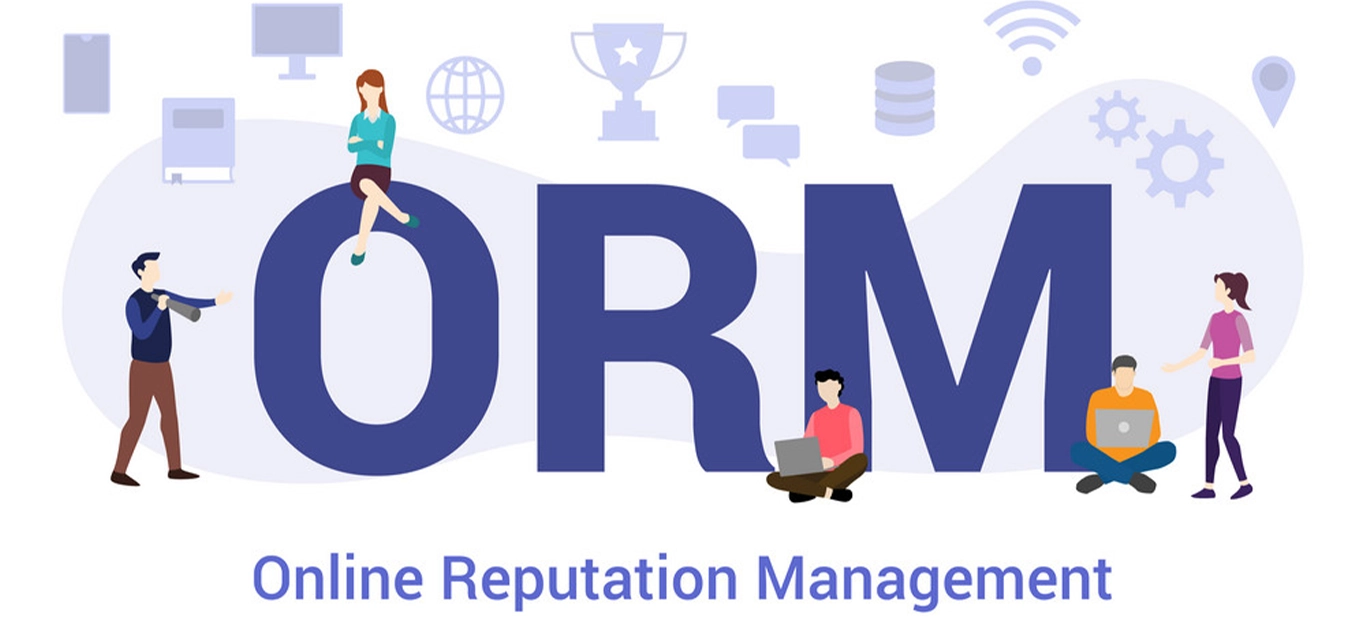
Have you thought about your Online Reputation?
19 Jun 2021
In today’s digital-first world, every entity – individual or corporate – has an online identity. That identity is often what showcases credibility, be it a Facebook profile, a LinkedIn profile, comments and posts on various social media platforms or a thought leadership blog. These profiles build up gradually over the years and take shape of a distinctive persona of the individual or brand. This is also known as a digital footprint.
Understanding this space and engaging smartly can go a long way in paying rich dividends over time. The pandemic struck suddenly resulting in the overnight phenomenon of work from home and prompting netizens to spend more time online. This has resulted in heightened activity on social media platforms among both individuals as well as companies. What one needs to remember is that this results in a digital footprint online which gets complex to change overtime. Online Reputation Management or ORM is a tool that can be used to effectively manage one’s online reputation.
By investing in online reputation management, you can proactively control what people see when they encounter your brand online while setting you up as a credible entity.
Your online reputation is basically what people think of you when they search for you online. People can form impressions of you based on the content they see you share, as well as the feedback you receive from third parties. What your customers say about you in their reviews counts for a lot and can in fact be a make-or-break for prospective customers looking to buy from you. Mentions of your brand by other brands, websites and bloggers also count. SEO plays a big role in online reputation – most people will base their impressions of you on the first-page search results.
It is very tempting to pass judgement or make comments about random topics that you see online. In fact, social media platforms encourage you to be vocal and engage a lot more. However, the downside of this is that opinions on controversial topics left online can impact your image, your career and social standing at times. You are well aware of the many sedition cases that get reported as a result of online posts which could have been inadvertent at times.
What is important is to step back and reflect on what ones social, personal and career goals are before actively engaging online.
Some tips for individuals to manage their online profiles –
The occasional bad review is unavoidable, and indeed, a too-perfect online footprint raises suspicions of its own. What is important for you as a brand is to take control of the narrative and to give buyers, competitors, influencers and media houses something positive to talk about. Here are some things to consider as part of a strategic approach to online reputation management.
In conclusion, your online reputation is a powerful measure of your worth as a brand and can potentially make or break your relationship with followers. By keeping tabs on what’s being said at all times, you can create and share content that persuades followers to see you as you want to be seen.
The author is a content writer from Star Squared PR, one of India’s leading Online Reputation Management firms.
